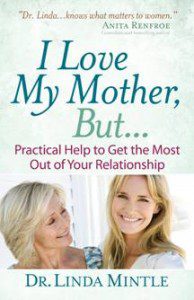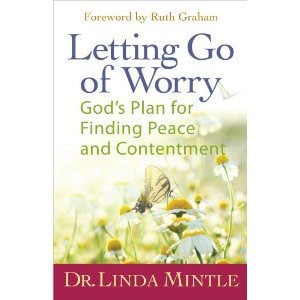 I was interviewed for a magazine article on mothers and daughters from my book, I Love My Mother But… The reporter asked this question: Should mothers and their daughters be best friends? Why or why not?
I was interviewed for a magazine article on mothers and daughters from my book, I Love My Mother But… The reporter asked this question: Should mothers and their daughters be best friends? Why or why not?
Here is my answer:
The early years are characterized by more authoritative (not authoritarian) styles of mothering. You are teaching and guiding. Friendship requires an equal partnership and you are clearly not equal when you are raising her. You need to keep the lines of communication open and shift your parenting to match the developmental stage, but also provide consequences for problematic behavior.
Parenting changes through the developmental stages with different tasks required of both mom and daughters. For example, as your daughter moves more into the teen years, rather than telling her what to do, you begin to ask her what she should do and guide her choices. This is important in developing her independence. A goal in raising a daughter is to help her become her own person, but stay connected to her mom. In therapy, we call this being separate but attached.
Later in life, when young adulthood brings the kind of healthy separation and individuation a daughter has with her mom, the two begin to move to more of an adult friendship.
So early on you are not her best friend. You are guiding, shaping and teaching. As she grows into young adulthood, the relationship begins to shift into more of an equal position. You are still her mom, but you relate to her more as an adult woman with her own identity, more like a friend whose person you begin to admire.
Instead of best friends, we should be their biggest cheerleader, guide, mentor, and the one person that no matter what happens will always unconditional love and validate them for who they are.

